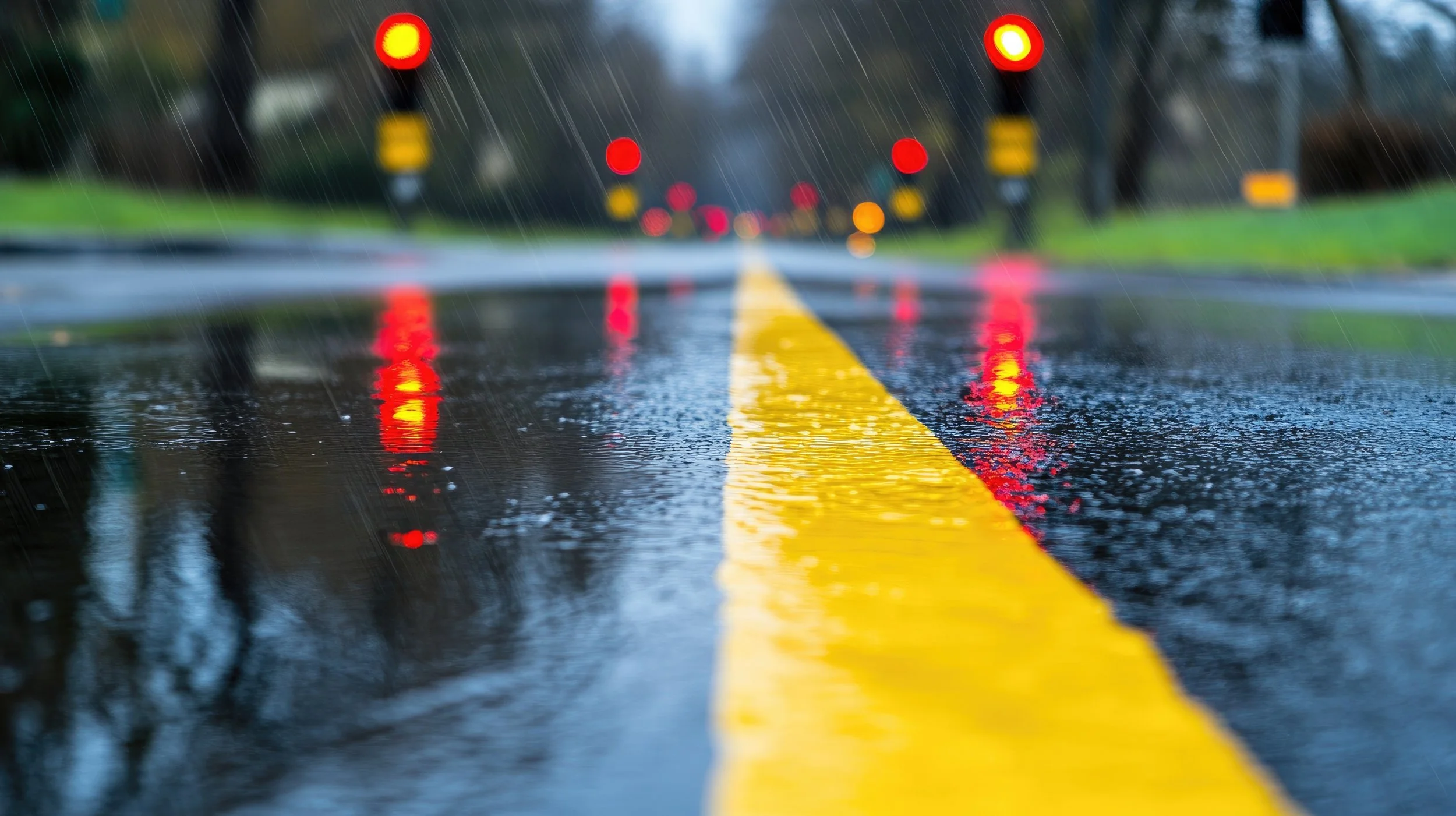With strict tax levy limits and declining state aid, Wisconsin communities find themselves between a rock and a hard place when it comes to funding roads projects. Special assessments can be a major burden on community members, impact fees can only pay for a portion of roads that will serve future growth, and the state of Wisconsin prohibits communities from imposing any taxes beyond property taxes.
These limitations often force many communities to defer necessary projects. Fortunately, there may be a new way to secure funding for your community’s streets.
A Path Forward for Streets Funding
Municipalities now have a new option for road funding: transportation utilities.
A recent legal opinion from the League of Wisconsin Municipalities explains that creating a transportation utility will allow communities to charge a fee in order to recover costs related to transportation, including street maintenance.
These charges must be carefully structured, or else they may be ruled as taxes. They should also relate to users’ real use of the streets system. For instance, a two-car household ought to be charged less than a UPS store because the store generates more traffic.
WI Case Studies
Several municipalities have already successfully created transportation utilities.
The Village of Weston implemented Transportation Utility Fees (TUF) to address the upkeep of streets, curb and gutter, traffic signals, equipment, and more. These TUFs were designed to offset the steep decline in state aid. Properties are divided into three tiers based on the length of their street frontage, and those with the most frontage pay the most in fees ($29.20 annually).
After approving a ten-year transportation plan, the Town of Buchanan elected to secure a large portion of the plan’s funding through utility fees. These fees are based on the number of average trips by land use. The annual fees run from $315 for single-family residences to a range of $189 to $8,400 for non-residential properties.
The City of Neenah created a Transportation Assessment Replacement Fee (TARF). The City uses its TARF to generate funds for streets projects in lieu of special assessments. The TARF formula uses the same methodology as the City’s storm water fee system, which is based on each parcel’s impervious surface area. Each single-family residence pays $23 annually.
Best Practices
When setting up a transportation utility fee structure, be sure to do the following:
Calculate the fee correctly. The fee needs to be calibrated to collect only what’s needed for transportation.
Charge the fees to tax-exempt properties. This helps avoid the fee being mistaken as a tax.
Segregate funds collected through these fees. Spend them only on transportation costs.
Do not use the funds for snow plowing or street sweeping. There are a few services listed in state statutes that if paid for by fees cause the levy limit to go down.
Put the fee on a utility bill with all the other utility fees such as water, wastewater, and storm water.
LEARN MORE
To learn how your community can secure important funding for streets projects through transportation utility fees, please contact an R/M expert today.
About the Author
Bridgot A. Gysbers
Economic Consultant
Bridgot recently joined the R/M team as a Financial Consultant. She has a diverse background in utility regulation, including 16 years of experience in municipal and investor-owned utility regulation in energy, gas, water, and sewer utilities. Bridgot developed the revenue requirement for a majority of the water rate cases regulated in Wisconsin and served as the lead auditor for several of the most complex investor-owned cases involving electric, gas, and water utilities. At R/M, Bridgot works to find financial and management solutions for public utilities.





